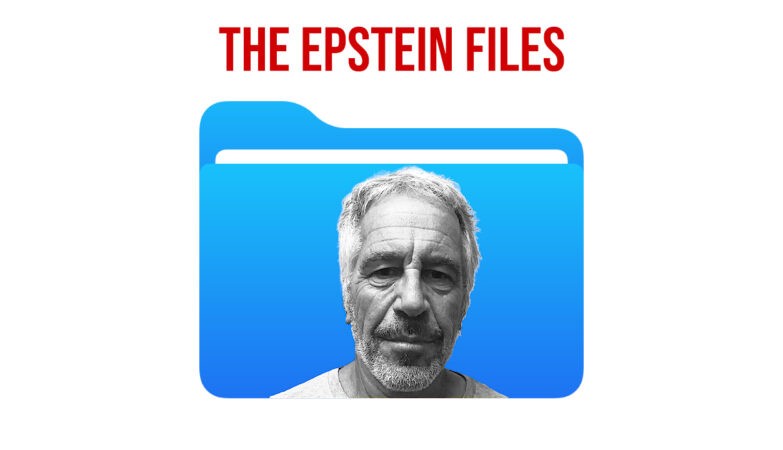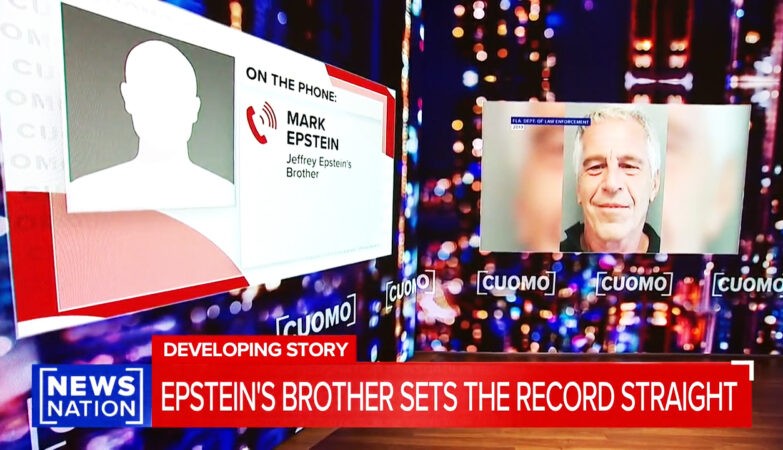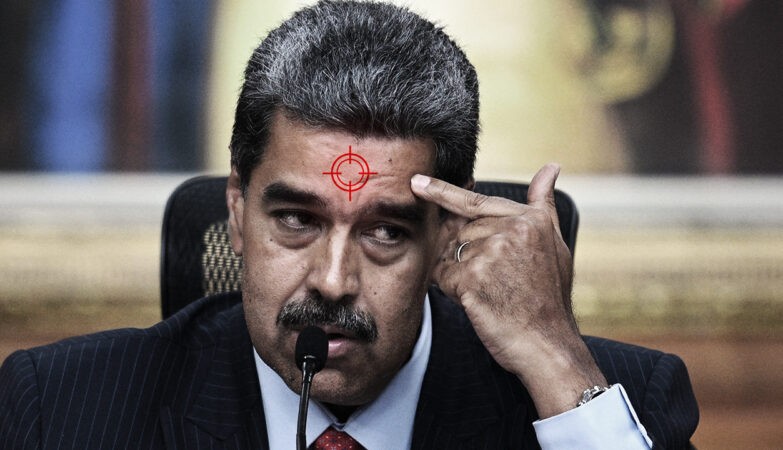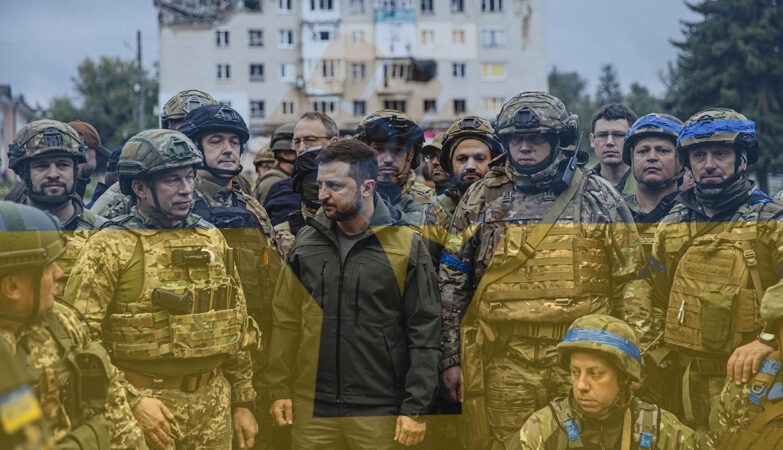President Donald Trump’s admission last week that Iran had refused to abandon uranium enrichment—even after U.S.–Israeli strikes in June—exposes the harsh reality of Mideast power politics. Israel’s Prime Minister Benjamin Netanyahu visited Washington on June 30th, ostensibly to discuss Gaza, but, according to a Israeli journalist Shirit Cohen, with the next steps on Iran topping his actual agenda. Trump now faces a pivotal choice: statesmanship in pursuit of U.S. interests or subservience to Israel’s radical government.
Israel conducted an unprecedented attack on Iranian leadership, its military, and its nuclear program in the early hours of June 13, leaving the region on edge regarding a war many have rightly worked to avoid over decades. The operation raises more questions than answers, further highlighting the only rational path for U.S. policymakers: avoiding a direct war with the Islamic Republic.
The recent strikes were meant to cripple Iran’s nuclear ambitions. Instead, they proved the limits of coercion. Satellite imagery shows Iran rebuilding its bombed Fordow facility, and Tehran has suspended cooperation with the International Atomic Energy Agency. Far from surrendering, Tehran has struck notes of defiance, and the Iranian people have rallied around the flag, with public opinion now favoring weaponization as the ultimate deterrent against future attacks—a marginal stance before the strikes. In other words, the hoped-for benefits failed to materialize, though the predictable costs came to pass: a destabilized Middle East and a distracted America, forced to choose between arming Israel or Ukraine amid congressional budget fights.
Israeli officials claim to have hit over 300 targets across Iran via airstrikes, drones, and numerous clandestine operations within the country. Those targets include major Iranian nuclear facilities like the Natanz enrichment site, multiple nuclear scientists, and leading figures in the Iranian government and military. Israel announced that military operations would last multiple days.
Reports suggest that Israel assassinated the head of the powerful Islamic Revolutionary Guards Corps (IRGC) Hossein Salami, Chief of Staff of the general command Ali Bagheri, and additional general command officers. Ali Shamkhani, direct aid to Supreme Leader Ayatollah Ali Khamenei, also died from his injuries.
Ironically, Washington continued to call on Tehran to attend scheduled nuclear negotiations. U.S. President Donald Trump boasted about his apparent knowledge of the Israeli operation – reminding the Islamic Republic of a credible use of force.
Iranian officials called off the talks. Tehran opted to launch multiple waves of attacks at Israel in what could become a dangerous escalatory spiral.
Yet opportunities for peace with Iran and stability in the Middle East remain. A revived nuclear deal—even an interim accord—could reinstate inspections, cap uranium enrichment, and engineer creative solutions for the reportedly missing 60 percent enriched uranium from Fordow, possibly by transferring it to Russia. In fact, Trump has consistently seen Moscow as a potential partner in resolving the Iranian standoff, a topic that regularly arises in his calls with Vladimir Putin. Meanwhile, backchannel talks through Oman suggest renewed U.S.–Iran diplomacy may be possible, with U.S. envoy Steve Witkoff reportedly meeting Iran’s Foreign Minister Abbas Araghchi in Oslo. In an interview with American journalist Tucker Carlson that aired Monday, Iran’s President Masoud Pezeshkian reaffirmed Tehran’s readiness to resume talks with Washington.
Whether or not U.S.-Iran nuclear negotiations continue or restart remains to be seen. Trump is wise to publicly push diplomacy amid an incredibly unstable and unpredictable situation, but he is doing so in a way that directly ties Washington to Tel Aviv’s attack. Worse, it poisons the well from the beginning, highlighting to an already skeptical Tehran that this administration cannot be trusted.
Enter Netanyahu. The Israeli leader’s maximalist demands have complicated diplomacy, and the White House’s adoption of some of those demands as its own has put a nuclear deal beyond reach. Netanyahu desires not just an end to Iran’s civilian nuclear energy program, but the dismantling of its missile arsenal and, ultimately, all conventional defenses, ensuring Israel can dominate and bomb Iran at will, as it does in Lebanon and Syria in pursuit of regional hegemony. One reason U.S.–Iran diplomacy has faltered is that Trump started pushing for zero enrichment on Iranian soil, a nonstarter for Tehran. The Islamic Republic will also resist any efforts to dismantle its conventional military deterrent.
For a small nation dependent on outside help, these ambitions may sound delusional, but they have proven politically advantageous for Netanyahu and his messianic extremist coalition. The Iran war reversed the decline in Netanyahu’s popularity—polls from Israel’s Maariv newspaper show his Likud party regaining its position as the country’s most popular political force, rising to 27 seats in the parliament if the elections were to be celebrated now, compared to 13 according to a pre-war poll. At the same time, the party of his right-wing rival Naftali Bennett dropped from projected 27 seats to 24. Civilian casualties from Iranian retaliatory strikes—29 dead and thousands wounded—have only reinforced the siege mentality among Netanyahu’s allies.
The war has also, for now, eased Netanyahu’s legal troubles, in large part because Trump, citing the prime minister’s leadership during the conflict, called for charges to be dropped. An Israeli court postponed the looming corruption trial testimony at Netanyahu’s request, due to his role as a “wartime prime minister.”
The surest way for Netanyahu to secure Israel’s regional dominance and consolidate his political gains is to resume hostilities with Iran. But Israel—a densely packed country of 9.8 million people with no strategic depth—cannot on its own sustain a prolonged conflict with a nation ten times its population. Leaked documents reviewed by The Telegraph reveal that the damage from Iran’s retaliatory strikes was worse than officially acknowledged. Israeli military censorship had kept hidden the full extent of Iran’s tactical successes, but the data shows five military bases hit in 12 days, with missile defenses strained to their limits. Unlike Iran’s vast geography, Israel’s concentrated population and infrastructure—including the Dimona nuclear facility—make it uniquely vulnerable to escalation.
This is why Netanyahu needs to entangle Trump in his war: Israel cannot fight Iran without the support of its superpower patron.
Trump must avoid this trap. Crucially, he has already shown reluctance to fully indulge Netanyahu’s escalatory plans. During Israel’s 12-day war with Iran, the administration authorized limited strikes on Fordow—reportedly with prior warning to Tehran—demonstrating resolve while deliberately avoiding the full-scale U.S. war that Netanyahu sought. This calibrated approach blocked Israel’s push for deep U.S. military involvement and avoided triggering a regional conflagration.
This dynamic is why any decision to latch onto Israel at this moment is ultimately foolish.
Reinforcing that conclusion puts U.S. troops in harm’s way and risks drawing Washington into a conflict with Tehran – the opposite of a core U.S. national interest. It also contradicts the U.S. public, who for years have rejected new Middle East wars.
Trump has strong political incentives to hold firm in this pragmatism. According to a YouGov/Economist poll, 60 percent of Americans think the U.S. military should not get involved in the conflict between Israel and Iran, with only 16 percent supporting military action. Most MAGA voters went along with Trump’s strikes, but many could turn on the president if the U.S. wages a prolonged war with Iran. Tucker Carlson’s viral segments (such as his latest with the Libertarian Institute’s Scott Horton) and warnings from allies like Steve Bannon and Rep. Marjorie Taylor Greene show that prominent MAGA influencers won’t compromise on their rejection of Middle East quagmires. With 52 percent of Americans now disapproving of Trump’s foreign policy and no clear path to ending the war in Ukraine, starting another conflict could fracture his coalition.
Another key reason to deescalate relates to America’s improving relations with Saudi Arabia, the United Arab Emirates, and Qatar, ties that grew only stronger during Trump’s landmark visit to the region in May. Preserving those relationships requires avoiding open-ended wars that destabilize the region. The Gulf states’ cautious neutrality during recent conflicts underscores the value of this approach.
Some argue that Tehran is disinterested in a wider conflict it knows it will lose. While that is certainly a possibility given Iranian officials care first and foremost about regime survival, it is not rooted in guarantees. Rather, it risks misinterpreting the Islamic Republic’s aggressive behavior – particularly when attacked or faced with existential threats.
That reality is particularly important when considering the personal dynamics at play among Iranian leadership. Iran’s senior leaders have together held prominent positions for decades, going back to the 1979 revolution and its defining 1980s war with Iraq – the latter of which impressed a siege mentality upon much of Iranian society. Officials should be concerned about personal dynamics and past traumas coming to the fore given Israel’s ongoing threat and Iran’s losses, as the assassination of former IRGC-Quds Force head Qassem Soleimani highlights.
Ultimately, U.S. officials must consider the risks associated with these unknowns, especially given Washington’s close relationship with Israel. Government handles a portfolio of risk, in which citizen security is paramount. Risking U.S. lives on a hunch that Iran will target them, all backed by a supposed partner’s unprecedented military operations this administration seems disinterested in reigning in, is extremely poor management of that risk.
In this regard, it is critical to highlight that the United States cannot be “drawn into” a conflict that it has already participated in for years. Israel’s strikes on Iran are the direct result of U.S. backing – diplomatically and militarily – which lowered Israeli perceptions of costs and perceived risks of an assault on a country substantially larger than itself. This constitutes a classic moral hazard common across U.S. bilateral relationships with partner states in the region.
Herein lies the key to preventing a broader conflict – a real possibility should both parties continue to climb the escalatory ladder. Just as Washington has the capacity to embolden Tel Aviv, it also has the influence to hold it back. The Trump administration failed to properly restrain Israeli Prime Minister Benjamin Netanyahu – a political choice shared with former president Joe Biden and numerous previous administrations. But it can still right the ship.
Trump must not join this conflict. His administration should not lean into escalatory rhetoric. It must not empower Israel to continue its attacks on Iran – effectively the latest iteration of the already-failed “maximum pressure” strategy of Trump’s first term.
Chasing Netanyahu’s fantasies would also divert resources from the defining challenge: countering China, America’s only peer competitor. A diplomatic deal with Iran would free up political and military capital for the strategic “pivot to Asia” that Washington has failed to execute since the Barack Obama administration.
Moving forward, Trump should reject Netanyahu’s push for deeper U.S. involvement in Israel’s war on Iran. Instead, he should intensify backchannel diplomacy through Oman and other mediators, including possibly Russia.
The contrast between the interests of the two leaders is stark: Netanyahu needs war to survive politically, while Trump needs peace to fulfill his “America First” campaign promises. The latter’s pragmatism has prevented worse escalation before, and it motivated him to keep U.S. strikes on Iran restricted to a specific mission, however ill-conceived. Now is the time to cement that restraint.
The alternative to any of these actions only associates Washington ever more closely to the belligerent of a conflict, in which the other party – Iran – views the United States and Israel as the same enemy. That is the opposite of a supposed peace presidency, gambling U.S. lives and risking a disastrous war.
There are also political repercussions to consider as well. For all his faults, Trump was correct is stressing the futility, wastefulness and strategic idiocy of past U.S. wars in the Middle East, which lasted too long, placed US troops in unenviable situations with little chance of success and, in the case of the 2003 war in Iraq, actually shifted the region’s balance of power closer to Iran’s side of the ledger. Authorizing U.S. airstrikes on Iran would be akin to throwing all those campaign promises out the window and expose Trump as being no more averse to unnecessary war than his predecessors were.
If the war between Israel and Iran persists, the United States should stay out of it. U.S. security isn’t at stake no matter how many times Netanyahu goes on American television to claim otherwise.
- https://www.realcleardefense.com/articles/2025/06/18/washington_should_stay_out_of_israels_new_war_1117270.html
- https://www.theamericanconservative.com/why-trump-should-stay-out-of-israels-war-on-iran/
- https://www.thenation.com/article/world/iran-israel-war-nuclear-power/
- How Greed Made Piracy Great Again - February 1, 2026
- Why PC Gaming Is No Longer Affordable - February 1, 2026
- Why Student Loans Are a Scam - January 18, 2026






















